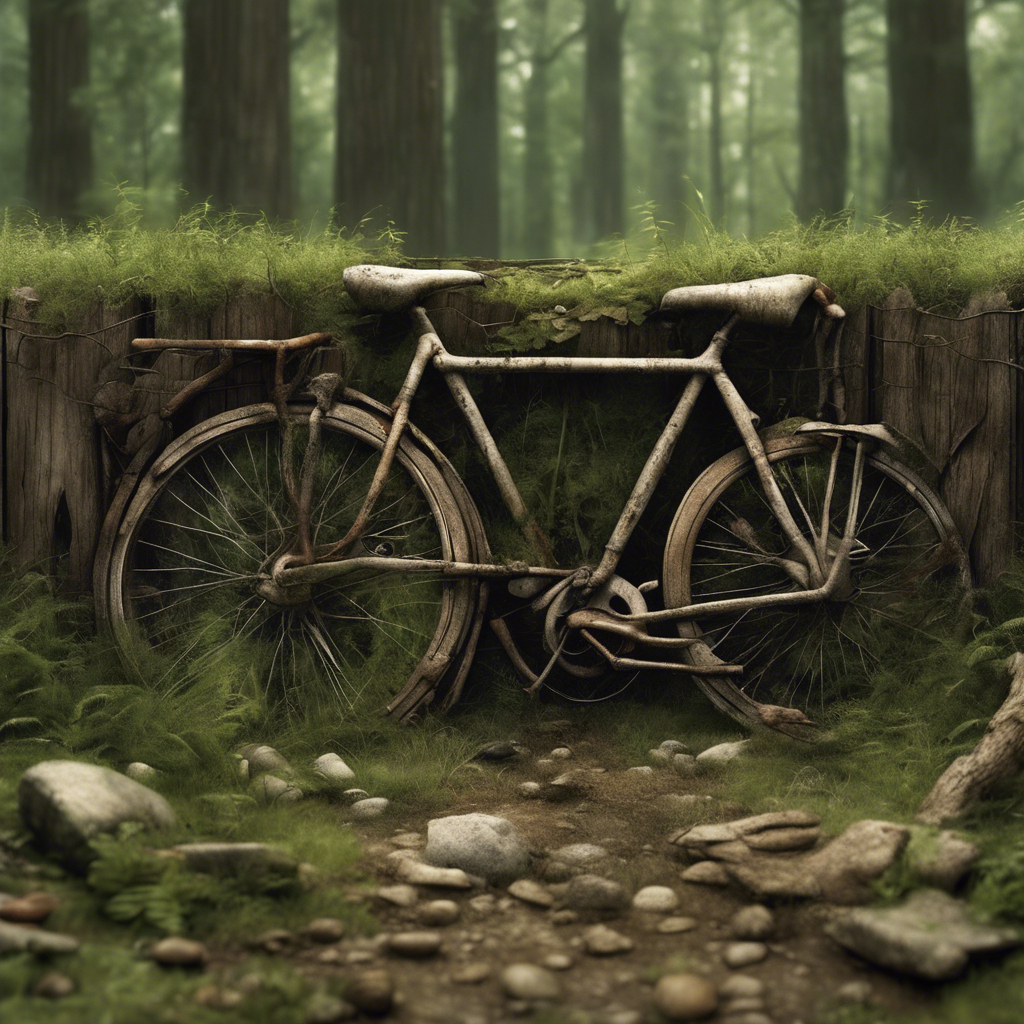
Many of my friends turn to a popular party game during downtime, inspired by the surrealist Exquisite Corpse. This game has various names—Telephone Pictionary, Writey-Drawey, or Eat Poop You Cat. It involves translating brief descriptions into quick drawings and back again. Just three years ago, mistranslations between text and images were rare, making the game's outcomes feel uniquely amusing. Now, with AI tools like Dall-E 3 and Midjourney, transforming text into high-quality images takes only seconds, allowing individuals to create and play the game solo. In the summer of 2023, I experimented with an AI image generator called Stable Diffusion and a tool called Clip Interrogator to generate two rounds of this game. I entered “Eat Poop You Cat” and generated images, choosing my favorite—a realistic tabby cat. When Clip Interrogator translated this image back to text, it produced an absurdly detailed prompt. After several iterations, I ended up with an amusing image of a cat on a toilet, described with an exaggerated and chaotic prompt highlighting various artistic influences. The neural networks behind these tools utilize complex algorithms to map language to visual variables, allowing for different interpretations of even simple prompts. The development of such generative AI has evolved over decades, stemming from early neural network proposals in 1943 and advancing through incremental improvements like optical character recognition, natural language processing, and image generation techniques. In 2021, the launch of Dall-E marked the rise of AI artists, with users able to generate images by simply typing a description. This technology was borne from traditional machine learning methods, like training on curated datasets, which sometimes required extensive human labor to categorize images.
Programs like StyleGAN later simplified this process, generating faces and objects based on user settings. As generative AI tools became more mainstream, the discourse around their potential impact intensified, prompting concern among artists and journalists. An open letter demanding restrictions on AI-generated illustrations pointed out the threat posed to human creativity. While it’s true that no human artist can compete with AI’s speed and low cost, the situation for artists is already challenging due to the prevalence of cheap stock images and the gig economy. To mitigate potential harms, guidelines are emerging for integrating generative AI into creative processes. These guidelines stress that AI can serve as a tool to enhance the work of trained artists rather than replace them entirely. As technology advances, so too should our understanding of its implications and limitations. Prompting these AI tools requires a unique syntax, leading to the emergence of “prompt engineers”—individuals skilled at eliciting optimal results from these systems. Expectations for generative AI also include its inherent limitations, such as misunderstandings of context and the nuances of language. These tools often produce unexpected results by confusing similar terms or concepts, revealing both their potential and the intricacies of human language that they are striving to emulate. As of early 2024, generative AI is producing millions of images daily, a growing portion of the visual content we encounter. This shift prompts us to reconsider the meanings of image creation and how society's understanding of art may evolve alongside these technological advancements. Ultimately, we must navigate this evolving landscape together, understanding that our interactions with these tools are part of a broader, collaborative endeavor. This exploration of generative AI paints a complex picture of creativity, collaboration, and the ongoing challenge of defining what it means to create art in an increasingly automated world.
The Evolution of Party Games: From Exquisite Corpse to AI-Driven Creativity

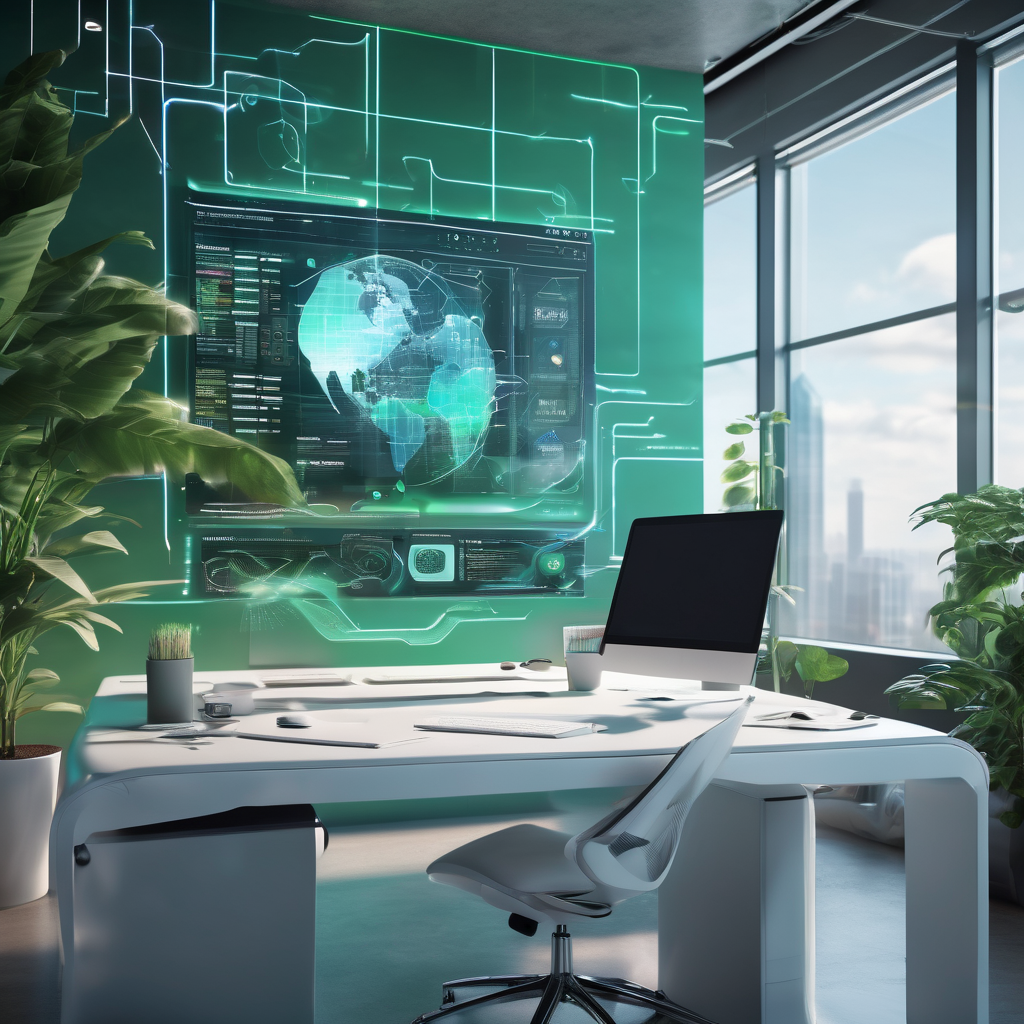
The integration of artificial intelligence (AI) into search engine optimization (SEO) is driving a transformative shift in the digital marketing arena, bringing both considerable challenges and exciting opportunities for professionals in the field.
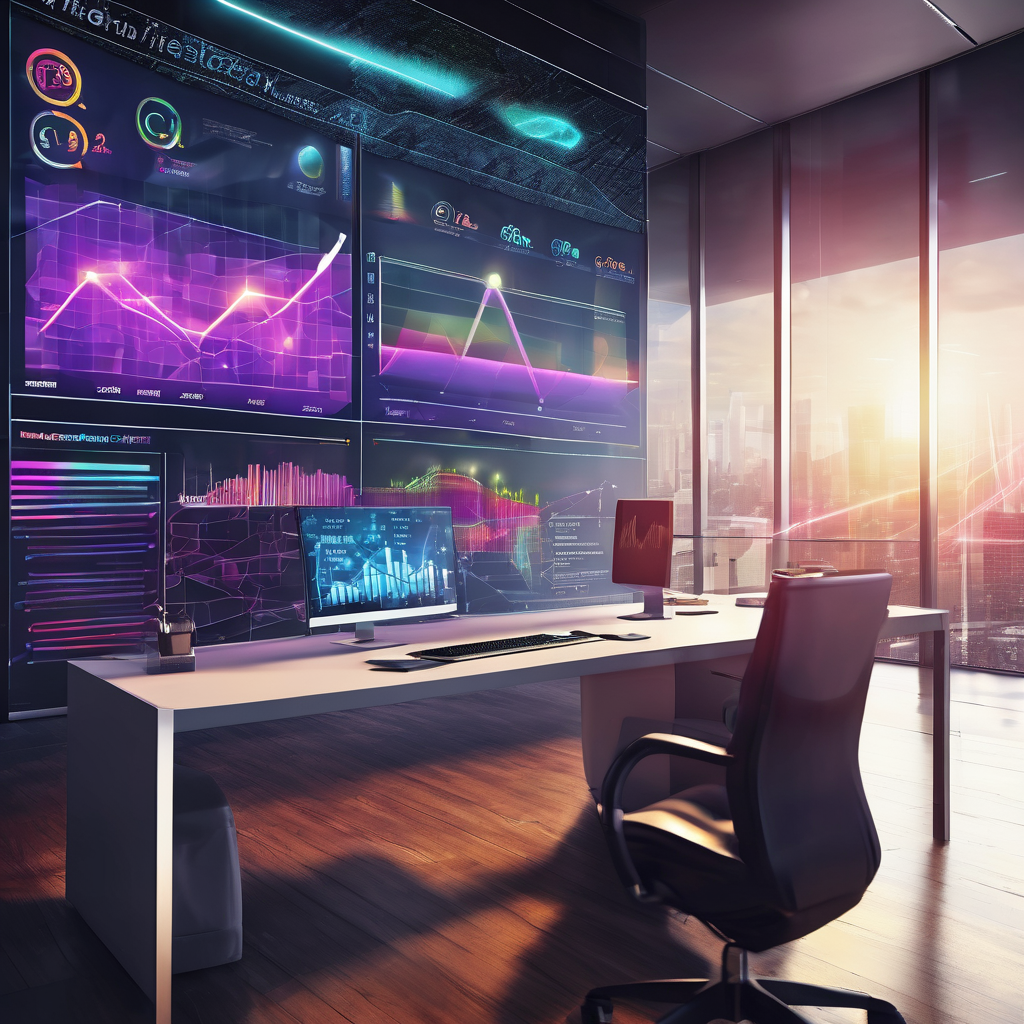
SalesAi recently conducted two extensive studies to explore the transformative effects of artificial intelligence (AI) on revenue generation, sales efficiency, and overall business growth.
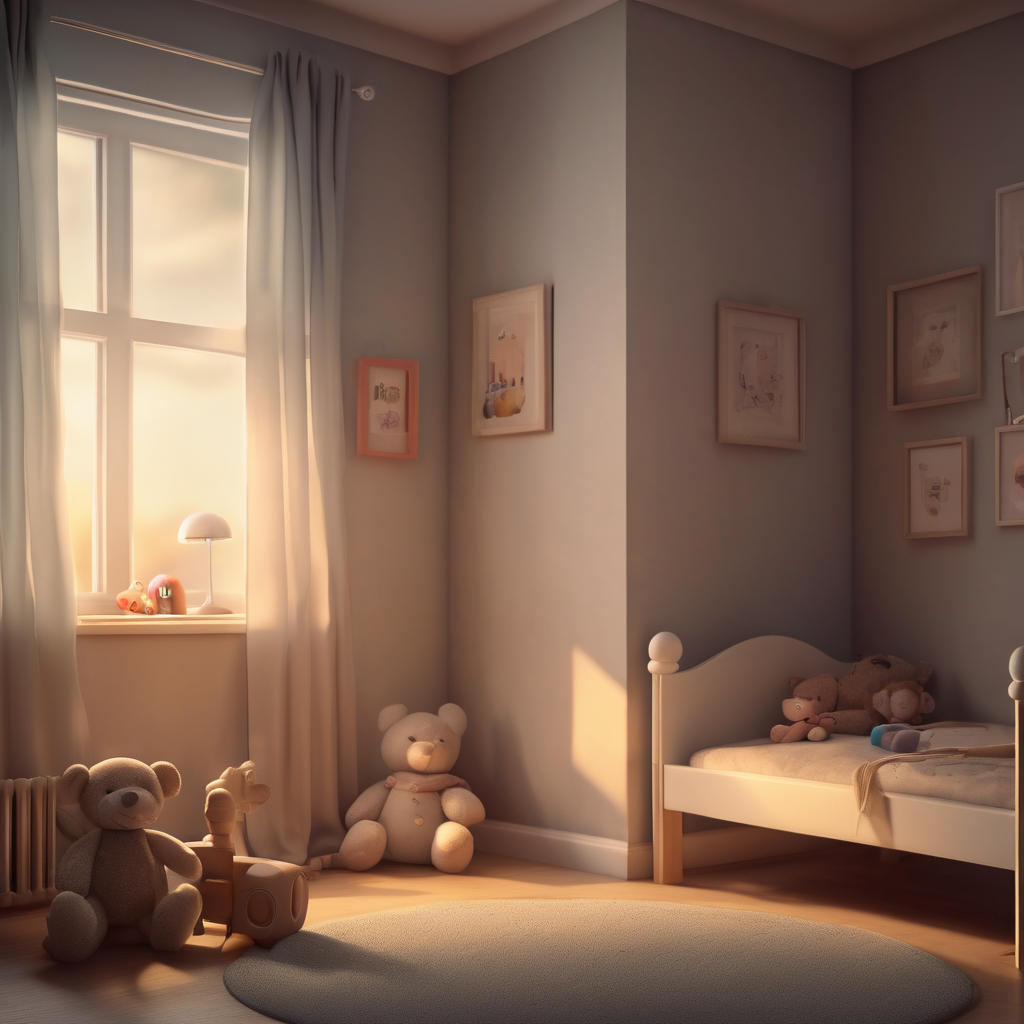
Artificial intelligence (AI) platforms like ChatGPT have become trusted companions for millions of teenagers, generating human-like responses.
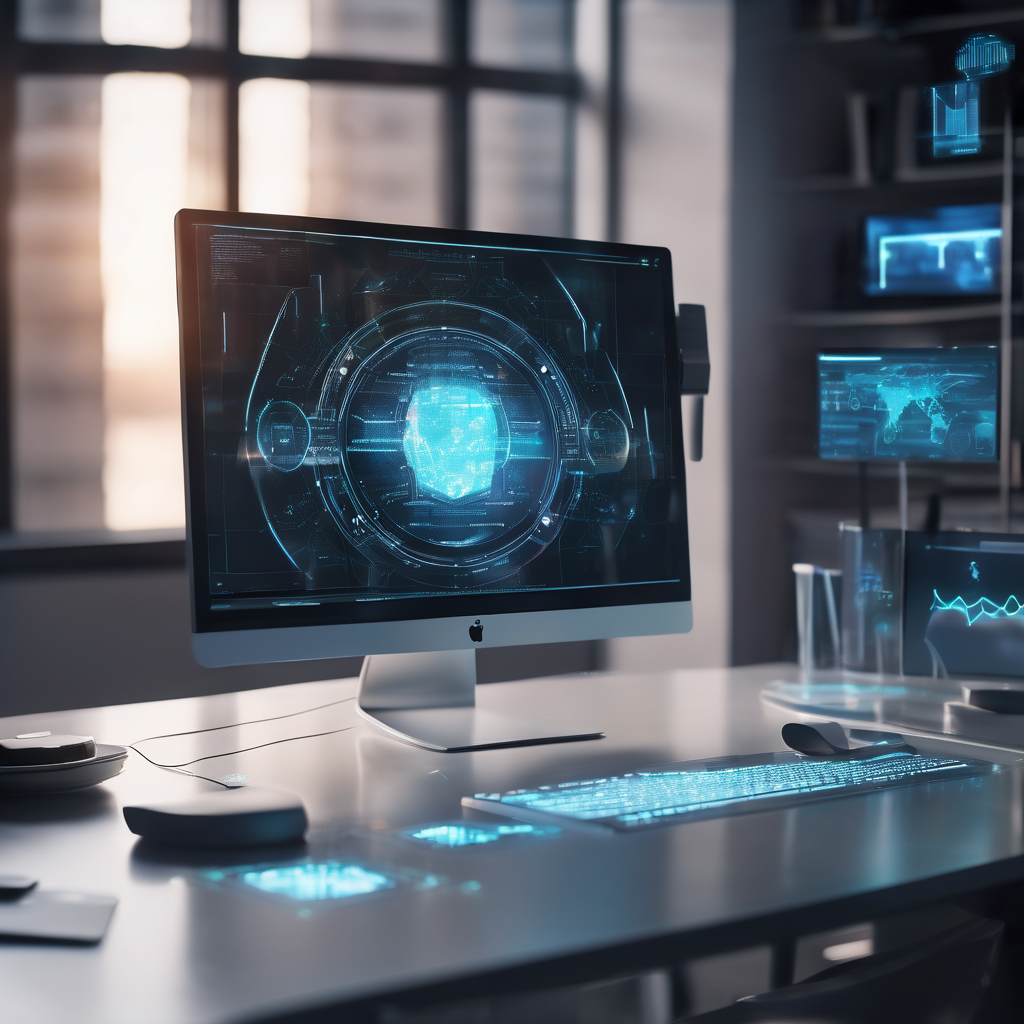
Predis.ai is an innovative AI-powered platform transforming how businesses create and manage social media content and advertising creatives.
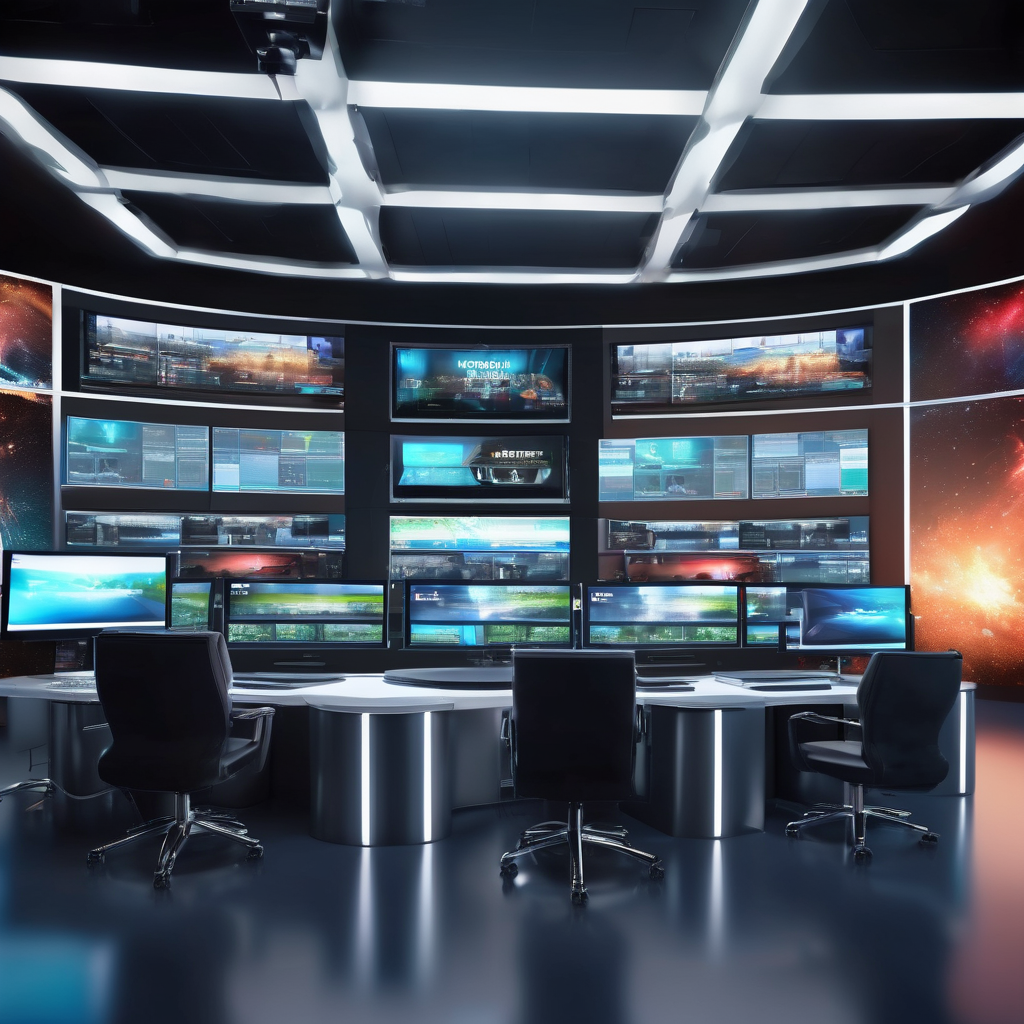
In the rapidly changing field of digital content creation, artificial intelligence is becoming increasingly crucial.
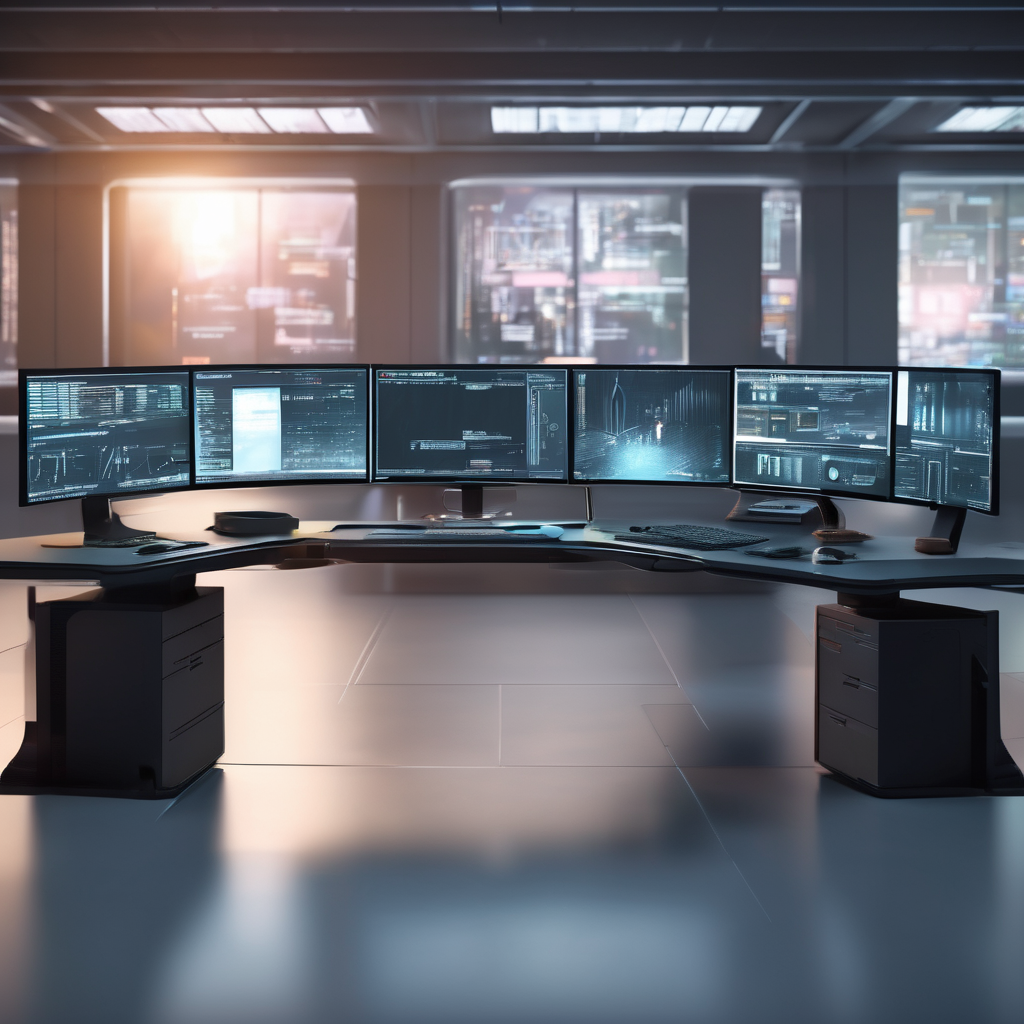
As the digital landscape rapidly grows, online platforms face increasing difficulties in managing the enormous volume of video content uploaded daily.
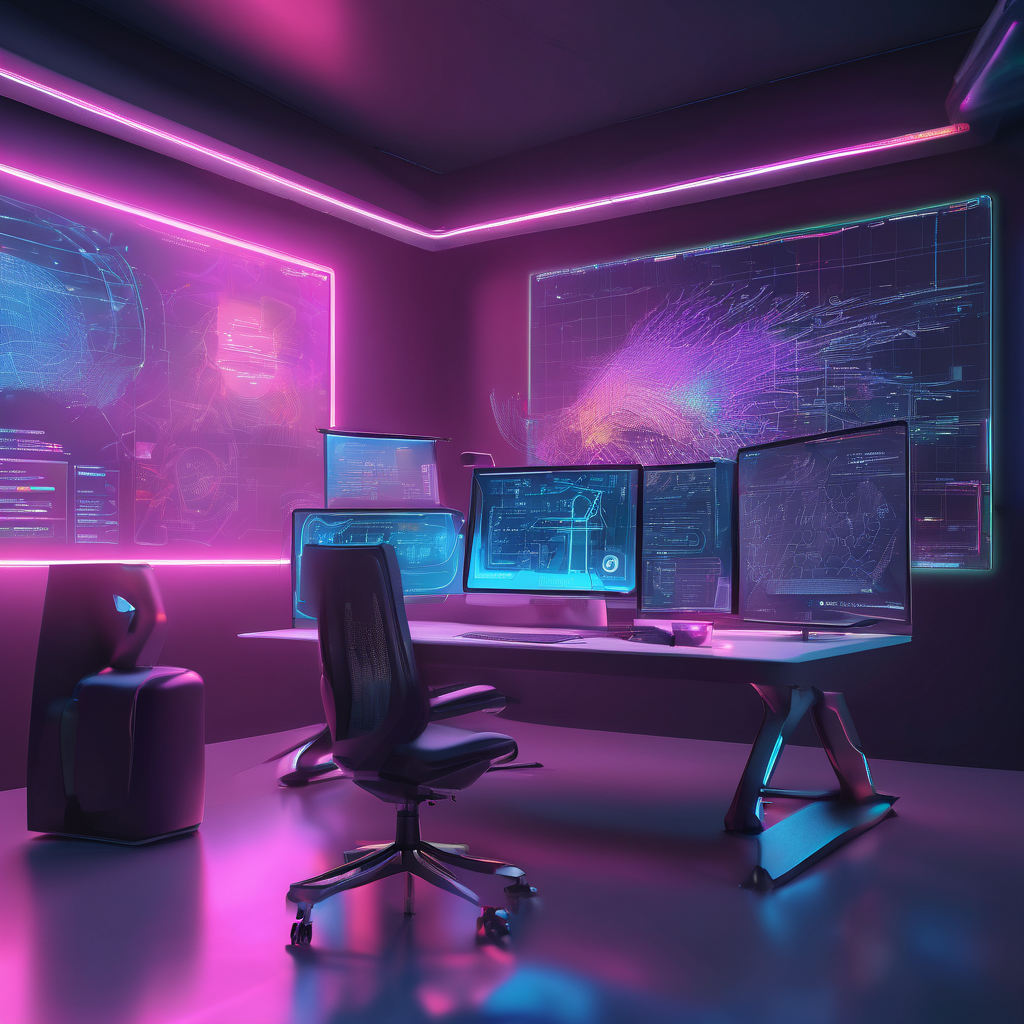
The complexity and opacity of modern digital advertising platforms, especially Meta Ads, have become major concerns in the marketing community.
Automate Marketing, Sales, SMM & SEO

and get clients on autopilot — from social media and search engines. No ads needed
and get clients today